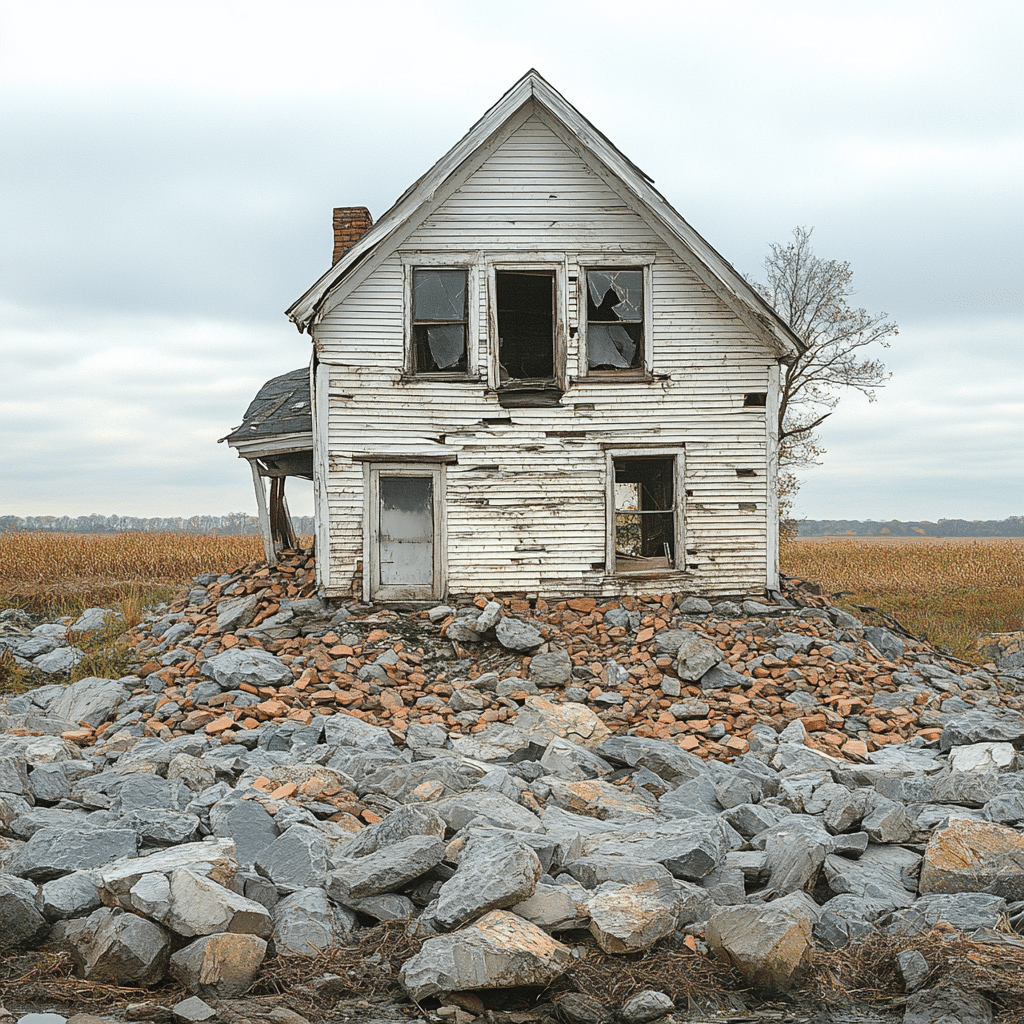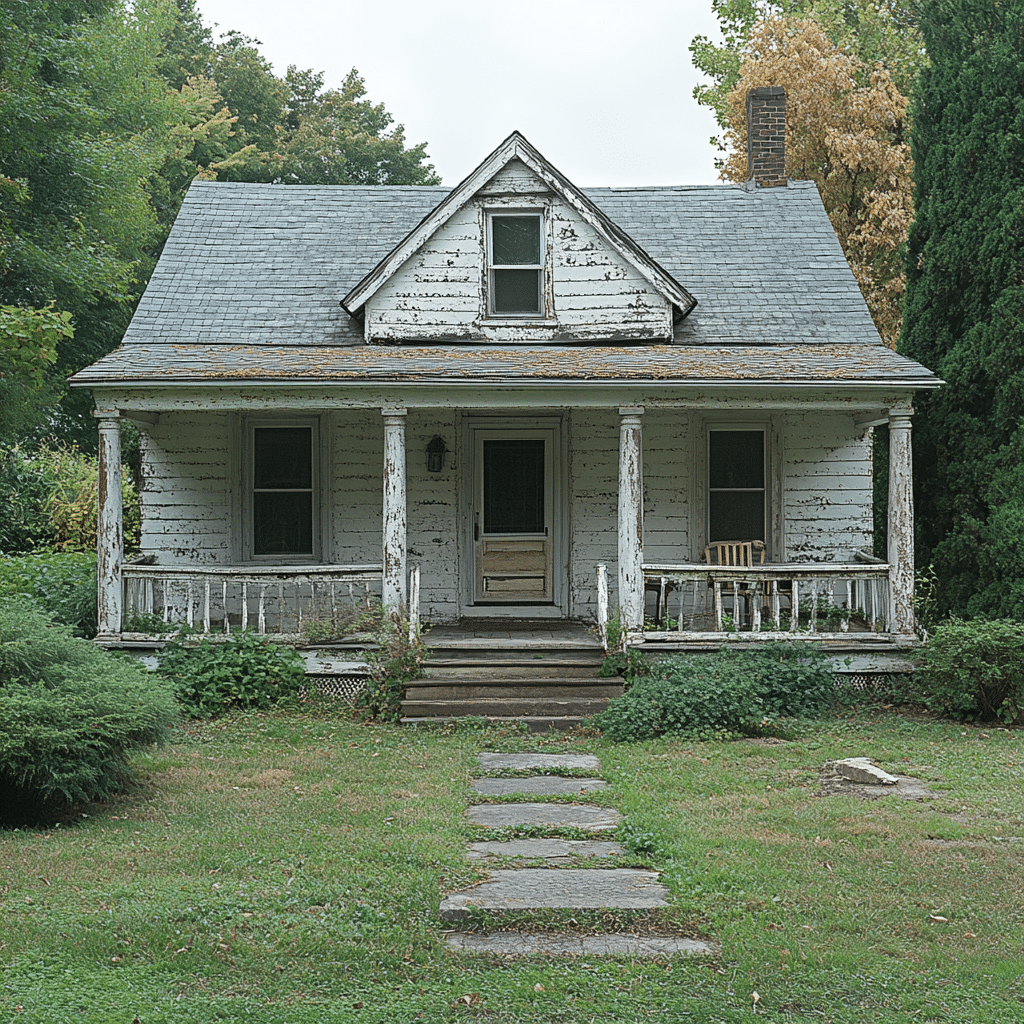What Are Foreclosures: A Comprehensive Overview
Understanding what are foreclosures is pivotal for grasping the landscape of distressed properties. Foreclosures occur when homeowners can’t afford their regular mortgage payments, prompting lenders to seize and sell the property to recover their losses. This process isn’t straightforward; it involves legal proceedings that can vary greatly from state to state. Knowing what are foreclosures helps one appreciate the gravity and implications of these transactions.
Consider California: here, a borrower must be behind on payments for at least 120 days before a lender issues a Notice of Default. This step is just the beginning, offering homeowners time to negotiate with lenders to avoid losing their home. It’s not a death knell, but a critical juncture.

What is Foreclosure: Deep Dive into the Process
Delving deeper into what is foreclosure, it begins when a borrower defaults on their loan. Typically, lenders start with a default notice—the first bead in the foreclosure malaise. For instance, in Ohio Mortgage Rates can influence payment defaults, leading to foreclosure notices. This notice is daunting, but it’s not an immediate path to eviction.
Homeowners can still try to negotiate with their lenders. Sometimes, restructuring the loan or temporarily adjusting payment terms can avert the full foreclosure process. Understanding foreclosure, what is it anyway? It’s about more than payment failures; it encompasses the options and strategies to prevent the eventual loss of property.

| Aspect | Description |
| Definition | A legal process in which a lender takes possession of a property due to the borrower’s failure to make mortgage payments. |
| Common Reasons | Financial hardship, job loss, medical emergencies, significant life changes (divorce, death of a spouse). |
| Process Steps | Missed Payments -> Lender Contact -> Notice of Default -> Pre-Foreclosure Period -> Auction/Sale -> Eviction (if applicable). |
| Types | Judicial Foreclosure (court-involved), Non-Judicial Foreclosure (no court involvement, faster, depends on state laws). |
| Impact on Credit | Significantly lowers credit score (can drop 100-160 points or more), remains on credit report for up to 7 years. |
| Alternatives | Loan modification, repayment plan, forbearance, short sale, deed in lieu of foreclosure. |
| Legal Rights | Rights vary by state, but often include notice periods and the right to reinstate the mortgage before the sale. |
| After Foreclosure | Deficiency Judgments (if property sells for less than owed), redemption period (time to reclaim after sale in some states), impact on tax filings. |
| Seller Benefits | Recovers unpaid loan principal and interest, may reduce potential legal costs associated with non-payment of loans. |
| Buyer Opportunities | Potential to purchase properties below market value, opportunity to negotiate terms, investment potential. |
What Does Foreclosure Mean: Economic and Personal Impacts
The question what does foreclosure mean extends beyond losing a piece of real estate. Economically, foreclosures contribute to the depreciation of property values within neighborhoods, impacting overall market stability and straining financial institutions. A study by Harvard’s Joint Center for Housing Studies highlights how communities with high foreclosure rates often encounter cascading economic challenges.
On a personal level, an individual facing foreclosure deals with plummeting credit scores, which can haunt them for years. Poor credit can make everything from renting an apartment to getting a job more difficult. Furthermore, the emotional toll can’t be understated—losing one’s home is psychologically jarring and can ripple out into stress-related health issues.
What is a Foreclosed Home: Identifying Key Characteristics
Exploring what is a foreclosed home reveals several indicators distinguishing it from other property types. Foreclosed homes are typically sold “as-is,” meaning they come with their existing problems. Many of these homes have been vacant for extended periods, causing them to fall into disrepair. For example, Freddie Mac’s HomeSteps program sells such properties at a reduced cost but urges potential buyers to conduct thorough inspections and be prepared for renovation efforts.
These homes can represent a bargain for seasoned investors or handy homeowners ready to roll up their sleeves. However, the allure of a cheaper purchase price must be balanced against the potential cost of unexpected repairs.
Foreclosure What Is It: The Types and Stages of Foreclosures
When dissecting foreclosure what is it, it’s crucial to recognize the various types and stages.
Types of Foreclosures:
- Judicial Foreclosures: Court-supervised, such as those in New York. These tend to be more protracted due to required legal proceedings.
- Non-Judicial Foreclosures: Conducted outside the courts, typical in states like Texas. These can be faster but offer fewer protections for borrowers.
- Strict Foreclosures: Less common, where the lender gets the property directly without selling it, if the debt isn’t paid.
Stages of Foreclosure:
- Pre-Foreclosure: The phase where homeowners can still settle their debts or sell the property to avoid formal foreclosure.
- Auction: This stage sees the property put up for a public sale, often attracting investors hunting for bargains.
- Post-Foreclosure: If the property doesn’t sell at auction, it becomes Real Estate Owned (REO) by the lender.
Every stage has distinct legal and financial implications affecting both the lender and the homeowner.
The Role of Government and Banks in Foreclosures
Government bodies and banks play essential roles in mitigating foreclosure impacts. Federal entities like Fannie Mae and the Federal Housing Administration (FHA) provide assistance programs to help struggling homeowners. For instance, the Home Affordable Modification Program (HAMP) has aided numerous families by restructuring their debt obligations.
Lenders also variate in their approach. Some, like those in the My Regions Mortgage program, offer customized solutions to help prevent foreclosure, emphasizing flexible repayment plans or temporary forbearance.
Real-Life Insights: How Foreclosures Impact Communities
Cities facing high foreclosure rates witness profound communal impacts. Take Detroit, for example. The city faced a severe foreclosure crisis, leading to urban blight. In response, initiatives like the Detroit Land Bank Authority have been crucial. This organization acquires, renovates, and reintroduces foreclosed homes into the market, aiming to stabilize neighborhoods and encourage community rebuilding.
Such initiatives highlight how proactive measures can turn a crisis into an opportunity for community revitalization.
Innovative Approaches to Dealing with Foreclosures
In our rapidly changing market, innovative solutions are essential for dealing with foreclosures. Companies like Opendoor revolutionize real estate by offering instant home-buying options, providing sellers, especially those distressed, with quick sales methods. Meanwhile, platforms like Zillow and Redfin now feature comprehensive foreclosure listings, making it easier for potential buyers and investors to spot opportunities.
To find foreclosure listings, one could leverage these online platforms to navigate the options efficiently.
Final Thoughts: Transforming Foreclosed Properties into Community Assets
Instead of viewing foreclosures solely as a negative phenomenon, they can represent opportunities for growth and investment. Turning foreclosed homes into affordable housing, community gardens, or even innovative co-working spaces can inject vitality into neighborhoods. Proactive involvement from local governments, community organizations, and private enterprises creates a resilient and adaptive real estate environment.
By changing our perspective on distressed properties, understanding fully what are foreclosures, and embracing creative solutions, we can transform challenges into opportunities for community renewal and investment.
Foreclosures, though initially daunting, provide pathways for rebuilding and revitalizing communities. Let’s harness what are foreclosures to foster prosperous futures.
What Are Foreclosures?
A Dive into History
Foreclosures might sound like a modern financial phenomenon, but they’ve been around for quite some time. Did you know that during the Great Depression, foreclosures skyrocketed? Families across America shared the common struggle of losing their homes. It’s a sobering reminder of why understanding what are foreclosures is so important. For anyone curious about the ins and outs of finding a foreclosed home, resources like How do You find Foreclosed Homes can offer invaluable advice. The process can involve scouring listings, attending auctions, and even bidding wars. Ah, the thrill of the hunt!
Pop Culture Connections
Foreclosures have also made their way into pop culture. If you’re a fan of Dragon Ball Z, you might find it amusing to ponder what Goku would do if faced with a foreclosure. Would he fight the banks or perhaps use his Dragon Balls to wish away his financial troubles? Picture him sporting a casual dragon ball z shirt while dealing with such adult problems—a funny, albeit unrealistic, scenario! On the flip side, real-life stories, like those of notorious figures such as Melvin Williams, touch on the serious impact of financial downfall, including foreclosure.
Unexpected Benefits
Sometimes, out of challenges, come benefits. It might surprise you that individuals who quit weed have reported significantly improved financial stability (you can read more about the specific Benefits From Quitting weed). For those facing foreclosure, these newly gained resources and clarity can be crucial in overcoming financial hurdles. Furthermore, for potential buyers, foreclosure listings can offer a gateway to purchasing homes below market value. Knowing How To find foreclosure Listings can turn this knowledge into real opportunities.
Foreclosures are a multifaceted topic that blends history, culture, and unexpected turns. From families struggling during the Great Depression to the impact on individual lives and even pop culture, there’s so much to uncover in understanding what are foreclosures. So whether you’re in the middle of a foreclosure crisis or just fascinated by the topic, there’s always something new to learn and explore.




